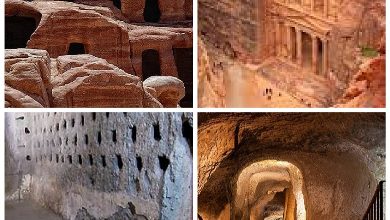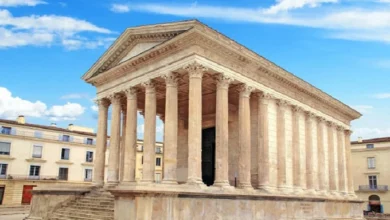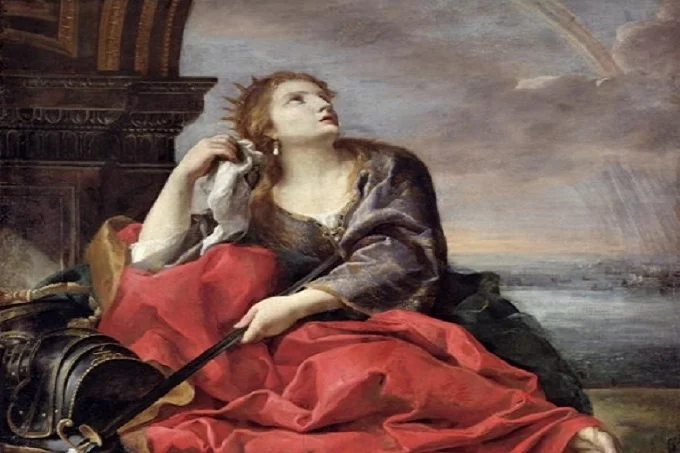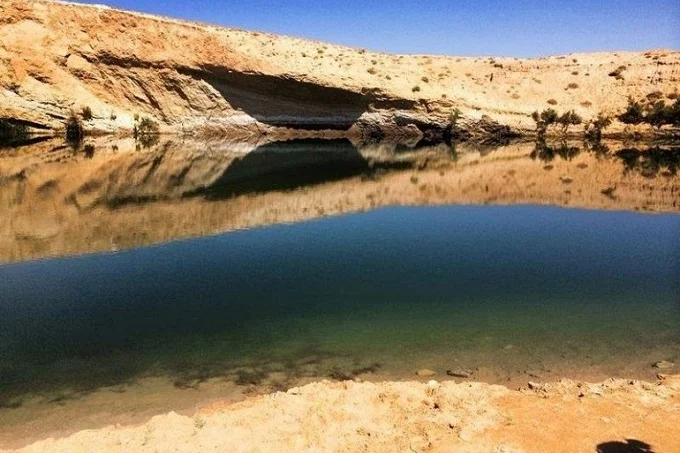Riots in Tunis after Prime Minister’s resignation and parliament suspension

Street fighting erupted Monday around the army-barricaded parliament of Tunisia in the capital Tunis. The riots followed President Kais Saied’s decision a day earlier to suspend the work of parliament for a period of 30 days and remove Prime Minister Hichem Mechichi from his post.
Saied decided to resign Mechichi and suspend parliament after nationwide protests against the government’s approach to corona. Ennahdha, the largest party in parliament, calls the president’s measures a “coup”. She organized a protest in front of the closed parliament entrance on Monday.
Some protesters climbed the gate in front of the parliament and shouted: “Open the door”. Supporters of President Saied pelted them with stones, and riots broke out. Police also raided the office of news channel al-Jazeera in the city on Monday. Officers ordered all journalists present to vacate the premises.
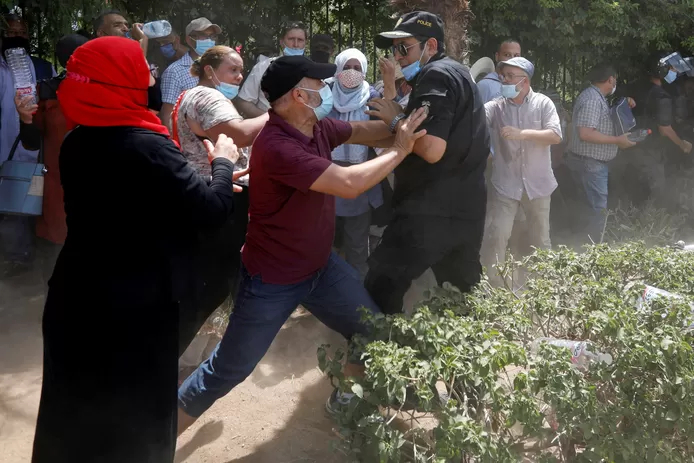
Since taking office in 2019, Saied has been embroiled in a battle with Mechichi and Parliament Speaker Rached Ghannouchi, the leader of Ennahdha. That conflict meant, among other things, that the government was not able to act adequately during the corona crisis in the country.
Tunisia has one of the highest death tolls from corona per capita in the world. The country is also struggling with the economic consequences of the pandemic.
In a post on Facebook, Ennahdha warned: “to protect the revolution”. By this, the party is referring to the revolution during the Arab Spring in 2011.
For many, Tunisia is considered the only real success of those mass popular uprisings in the Arab world. The unrest in Tunisia shows how much pressure the still young democracy has come under as a result of recent developments.

